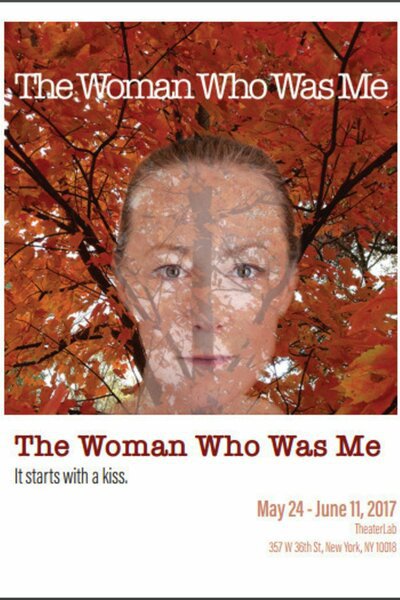
Critic Reviews (5)
“The unison of Liz Stanton’s riveting performance, Grandbois’ poetic writing and a superior presentation, all make the solo play a dreamy and haunting spectacle…Ms. Stanton commands the stage…Director Williams’ staging is a gorgeous blend of stark emotionalism, dynamically choreographed movement and visual magnificence…Filled with psychological insights, arresting imagery and fierce acting, ‘The Woman Who Was Me’ is a compelling and highly theatrical confessional.”
Read more
"Topical and richly expressive, 'The Woman Who Was Me' explores gender, choice, and identity through one woman’s tale of self-actualization...Poignant in their simplicity, the show’s design elements underscore Lanie’s hazy search for self and highlight the dreamlike mental and physical realms she traverses...By highlighting individual stories, 'The Woman Who Was Me' invites us to explore the nuances of what it means to be a woman—or a human—in the world."
Read more
"Liz Stanton is perfectly cast. She wears the well-earned physical and emotional 'war scars' of a middle-aged woman, but she can also expertly express moments of girlish joy in an instant...Her performance, combined with Grandbois’ poetic dialogue, reminds us that youthful passion and ambition can lie dormant, but never really go away...It’s an inspiring lesson, for both 'women of a certain age' and everyone else."
Read more
“The audience must decide if this is a story of fulfillment or unfulfilled longing or some mixture of the two. Kate Jaworski’s lighting helps show the dance between complete empowerment and loneliness which Elizabeth Stanton bravely undertakes…The play motivated a lot of people to speak up about empowering themselves... Many of the creative people behind this production were in the same graduate program...The results are fascinating.”
Read more
"Stanton’s energy and focus carry the action well, though there are occasional moments when the performance pushes the language a bit too hard, causing both to feel overwrought...Amid the lovely language and rather complex metaphors, there is a tangible disconnect between the play’s intent and the experiential understanding of the writer...In the post-show discussion billed as Act II...the energy with which that feedback was received was incredibly negative."
Read more



